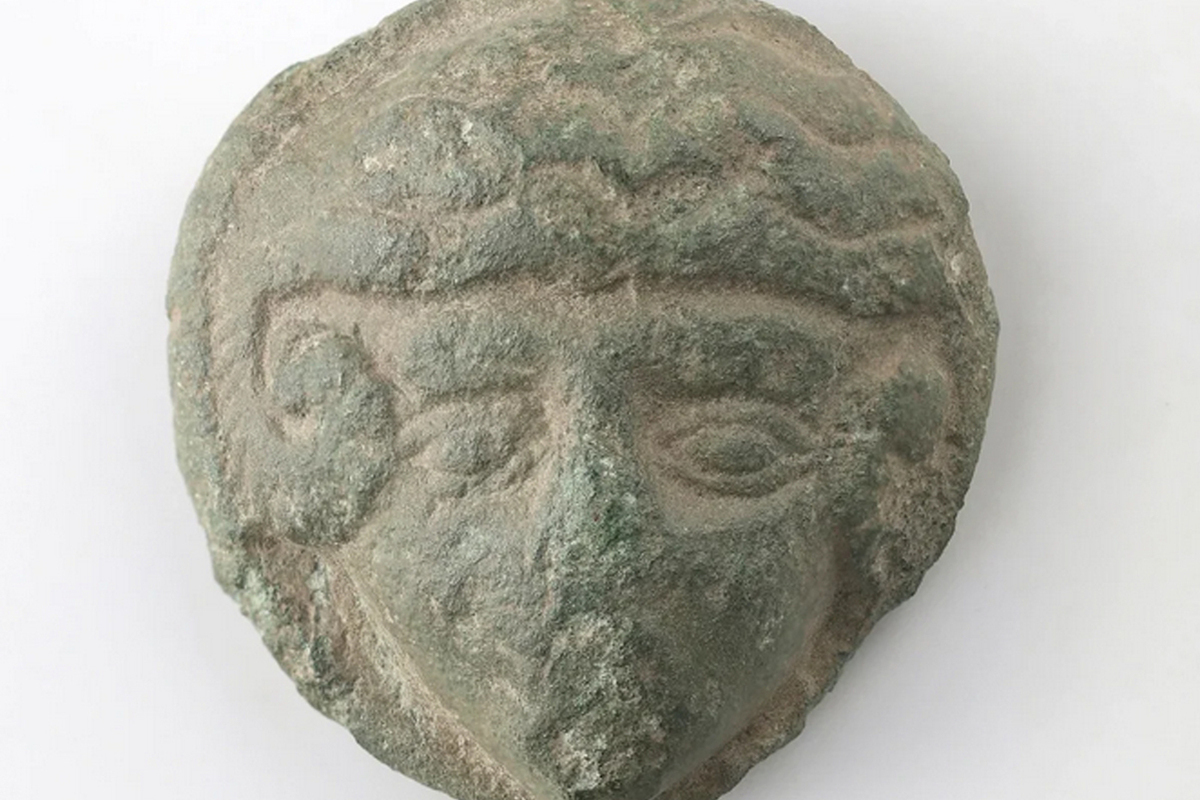Named a double effect of drinking coffee on the body


Coffee is one of the most consumed beverages worldwide, but the pendulum is swinging back and forth regarding its benefits and drawbacks, CNN notes.
New results from a small study published today in The New England Journal of Medicine point to both positives and negatives: Drinking at least a cup of coffee a day can move you more, but sleep less—and that could increase the risk of experiencing one type of heart palpitations.
“The overall finding is that not only does coffee consumption have a single health-related outcome, but that the reality is far more complex,” said study lead author Dr. Francisco.
“The vast majority of research on this topic has been observational, which means we just look and see what happens to people who drink or don’t drink coffee, which is deeply limited by the possibility that there might be some other characteristic. , which determines whether someone drinks coffee, said Markus. "The only way to mitigate these potential consequences was to conduct a randomized intervention study."
To get a better idea of the immediate health effects of coffee, the authors recruited 100 healthy adults aged 39 on average from the San Francisco area. They equipped participants with fitness trackers to track their steps and sleep, continuous blood glucose monitors, and electrocardiogram devices that tracked their heart rate. Each participant was asked to randomly drink as much coffee as they wanted for two days, then abstain for two days, repeating this cycle over a two-week period.
The authors of the study found that on coffee-drinking days, participants took an average of 1,058 more steps than on non-abstinent days. But on those same days, sleep was severely affected, with participants spending 36 fewer minutes with their eyes closed. The more they drank coffee, the more they were physically active and the less they slept.
Coffee, apparently, also affected the heart. The researchers found no evidence of a significant association between coffee consumption and premature atrial contractions, which are “very common early heartbeats that we all experience that originate in the upper heart,” says Dr. Marcus. They may feel like fluttering or palpitations in your chest.
“People with more frequent atrial premature beats are at higher risk of developing a very clinically significant heart rhythm disorder called atrial fibrillation,” the scientist added.
But drinking more than one cup of coffee a day resulted in about a 50% increase in the rate of premature ventricular contractions compared to days when coffee was not consumed.
These heartbeats originate from the lower chambers of the heart and can also be felt as a rapid heartbeat.
“Therefore, this provides some strong evidence that it may be worth experimenting with coffee avoidance for people who experience unpleasant palpitations associated with premature ventricular contractions,” notes Gregoria Marcus. “There is also evidence that in some people, more premature ventricular contractions can lead to a weakened heart or heart failure. Thus, it is possible that if someone is particularly concerned about the risk of heart failure—for example, they have a family history of the condition or have some other indication that the doctor thinks puts them at risk—they may want to abstain from coffee. ".
Peter Kistler, who heads the electrophysiology department at the Alfred Hospital in Melbourne, Australia, described the study as strong but cautioned that "this is a short-term study in healthy volunteers."
"It doesn't provide any information about the long-term benefits or adverse effects of long-term coffee drinking," says Kistler, who was not involved in the study. "It does not provide information about the effects of coffee on people with other medical conditions, and in general (study participants) consumed coffee in moderation."
When people drink coffee, Markus says, they may be more motivated to exercise or be more productive once they start moving.
But people "shouldn't extrapolate this to taking energy drinks or high doses of caffeine as a way to intensify their workouts," as high doses can lead to impairment, the scientist warned.
That coffee consumption led to reduced sleep levels may not be surprising, but a potential genetic aspect to this finding could be as follows, notes CNN. The researchers collected DNA samples from the participants, and those who experienced a greater reduction in sleep duration when drinking coffee had genetic variants associated with slower caffeine metabolism. On the other hand, people with genetic variants associated with faster caffeine metabolism had more premature ventricular contractions.
According to the study, these results suggest that a personalized approach to coffee consumption may be the most appropriate method for determining health effects.
Peter Kistler had a different take on sleep deprivation. "Coffee is the most common 'drug' for cognitive enhancement," he said. "People who drink coffee are less tired. That's not necessarily a negative."
As for the link between coffee consumption and premature ventricular contractions, caffeine may contain active metabolites such as aminophylline, which is used in asthma medications and is known to cause arrhythmias at high doses, Dr. Markus points out. In addition, "coffee tends to increase the activity of the sympathetic nervous system, or the adrenaline part of the nervous system, which can contribute to premature ventricular contractions," he added.
Marcus said the effects found in the study are worth considering based on your personal health goals. “People can be sure that drinking coffee certainly does not entail any imminent dangerous consequences,” states Gregory Markus.








